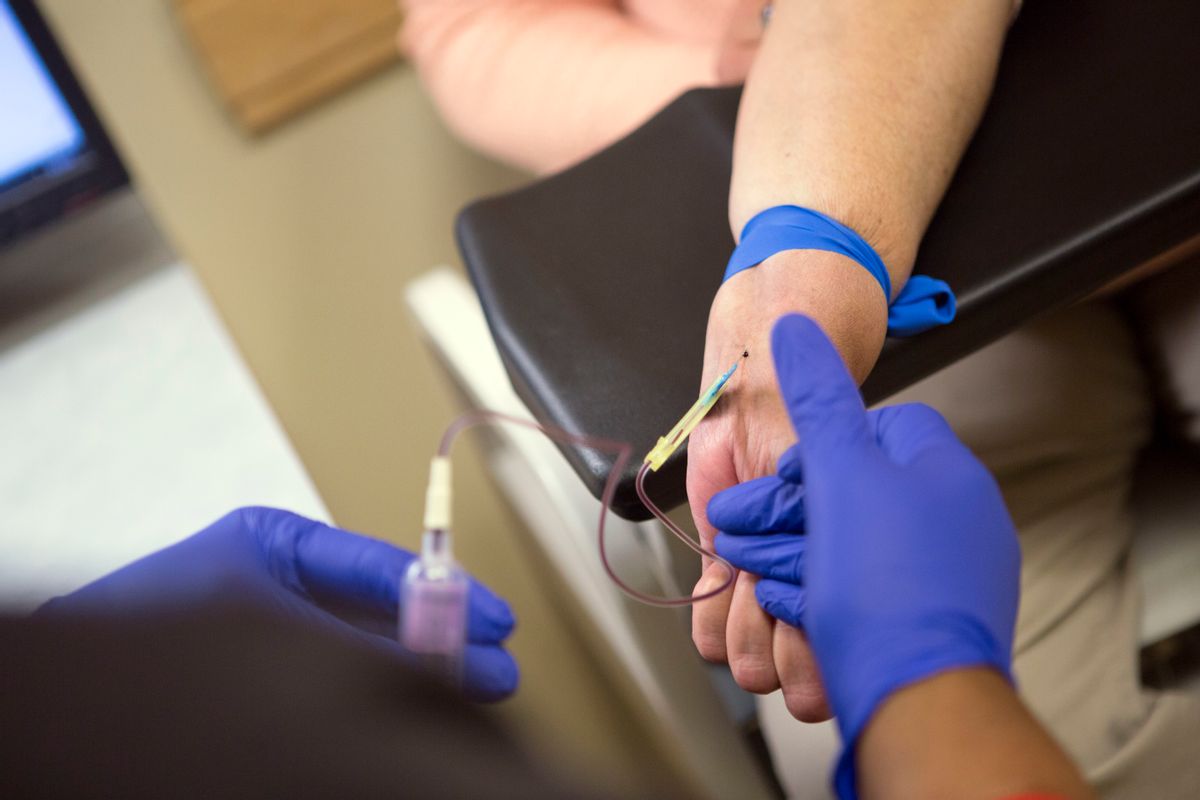At his surgery center near San Diego, Rodney Davis wore scrubs, was referred to as “Dr. Rod” and carried the title of director of surgery. But he was a physician assistant, not a doctor, who anesthetized patients and performed liposuction with little input from his supervising doctor, court records show.
So it was perhaps no surprise, in 2016, when an administrative judge stripped Davis of his license, concluding it was the only way to “protect the public.” State officials also accused two former medical directors of Pacific Liposculpture of enabling Davis to act as a doctor.
One powerful authority in California took a different view. The state-approved private accreditation agency that oversees the center left its approval in place. So the center is still operating and Davis remains an owner and administrator, state records show.
California is the only state with more than 1,000 surgery centers that has given private accreditors a lead role in oversight. Those accreditors are typically paid by the same centers they evaluate.
That approach to oversight has created a troubling legacy of laxity, an investigation by Kaiser Health News shows. In case after case, as federal or state authorities waved red flags, state-approved accreditation agencies affixed gold seals of approval, according to a KHN review of hundreds of pages of doctors’ disciplinary records, court files and accreditor reports — which are public only for California surgery centers.
One accreditation inspector called a doctor’s anesthesia technique “impressive” just months before the state medical board accused her of “gross negligence” for putting patients in deep sedation without the training to save them if they stopped breathing. Another doctor who is fighting a medical board accusation of “gross negligence” over two patient deaths in 2014 and 2015 got his own surgery center approved by an accreditor in 2016.
Patient deaths after care in a California surgery center reached a 14-year high with 18 cases in 2016, though the total dipped to 14 the following year, according to state records based on reports filed by the centers. Since 2010, at least 102 patients have died after care in the state’s surgery centers. Such facilities perform a variety of outpatient surgeries and now outnumber hospitals nationally.
State Sen. Jerry Hill, a San Francisco Bay Area Democrat, chairs the committee that oversees the state medical board, which reviews and approves the state’s surgery center accreditation agencies every three years.
Briefed on the investigation’s findings, Hill said this “definitely warrants a deeper examination into what’s going on at the surgery centers and how the accreditation process is working today — and [whether it’s] providing the patient protection I was hoping for when we established it.”
"Impressive" or negligent?
California’s oversight of surgery centers was upended about a decade ago when a physician’s legal victory led the Department of Public Health to conclude it could no longer license doctor-owned surgery centers. The doctor had filed suit, challenging the requirement that he and his surgery center both maintain a license. He prevailed, putting state oversight of the doctor-owned centers in flux.
In 2011, state lawmakers came up with a solution, mandating that the state medical board approve the private accreditors that would be on the front lines of oversight. Today, five accreditors are allowed to both inspect surgery centers and to grant or deny surgery centers approval to operate. (Centers can also operate with just Medicare approval.)
State medical board officials denied a request for death reports that included centers’ names, making a more comprehensive review of the centers or their accreditors difficult. Some of the same accreditation agencies that approve surgery centers, though, have been under fire with members of Congress after a Wall Street Journal report pinpointed gaps in their oversight of hospitals.
With the change in California, the state-approved accreditation agencies got a guaranteed source of income, since the centers each pay their accrediting agency about $15,000 every three years for their oversight role. In turn, the accreditors made a first-of-its kind concession: They agreed to make their inspection reports open to the public on a state website.
Those reports show that accreditors, at times, were at odds with other officials.
On May 1, 2012, the Institute for Medical Quality, or IMQ, a San Francisco-based accreditor, inspected Advanced Medical Spa in Rocklin, Calif. The inspectors were required to check whether the person administering anesthesia was “qualified and working within their scope of practice.”

Shares